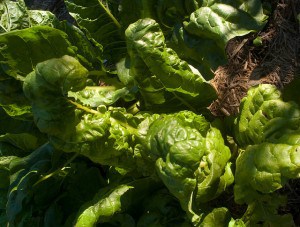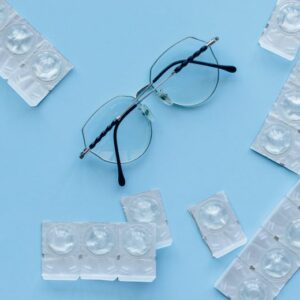 by Elizabeth Renter
by Elizabeth Renter
Natural Society
Approximately 1.75 million individuals in the United States suffer from macular degeneration—the leading cause of blindness in older adults. As the population ages, the prevalence of this disorder is going to grow and with that, treatment and prevention methods need to keep pace. In an effort to stay ahead of the curve, scientists are suggesting that including spinach in your diet could protect your eyes from the changes that cause macular degeneration.
The disorder is caused by a “progressive deterioration of a region that nourishes the retina, known as the retinal pigment epithelium (RPE).” This deterioration causes the retina itself to deteriorate and leads to difficulty focuses and, in the worst cases, blindness. Keeping the RPE healthy, therefore, can reduce the risk of macular degeneration. This is where spinach comes in.
Spinach contains lutein – a compound that combines with zeaxanthin within the body to create a macular pigment—an oily, yellow substance that coats the retina. This pigment nourishes the retina and prevents deterioration common in macular degeneration.
Lutein also protects the eyes from free radical damage by helping filter out damaging blue light and ultraviolet light.
One study, a 10-year clinical trial from the National Eye Institute, found that antioxidants themselves could reduce the progression of macular degeneration by 28% over a five year period. Another found that just three servings of spinach per week could reduce the risk of macular degeneration by 43%.
Spinach contains plentiful antioxidants and the ingredients needed to create macular pigment. Research is underway to draw causation between foods rich in these pigments and reduced risk. While connections have been made, actual causation has yet to be verified.
In the meantime, however, the connections between foods like spinach and vision health are hard to ignore. And getting three servings of spinach each week is far from difficult.
If you eat three meals a day, that’s 21 lunches and 21 dinners each week. Certainly at least three of these could be a large salad with mixed greens including spinach and all sorts of other raw vegetables. Bell peppers, carrots, and sprouts can all be added to make your meal a healthful one.
Here are a few other compounds and food to consume to prevent macular degeneration and vision loss.
Additional Sources:


